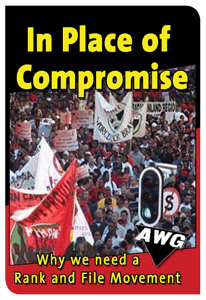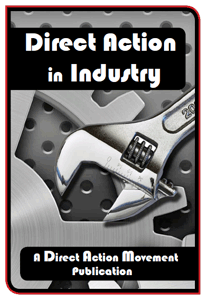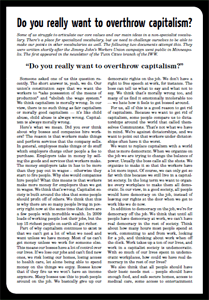 Author: Scott Rittenhouse
Author: Scott Rittenhouse

File size: 517 KB
Urban Planning is neither boulevards for conquerors, nor a landscape for the palaces of the rich, nor an opportunity for land speculators, nor a design opportunity for artists, nor a conspiracy for social engineers.
Urban planning is conducted to promote the health, safety, and well-being of people living together in urbanized areas; to enable people in urbanized areas to use scarce resources efficiently (all natural resources are “scarce”: supply and demand equals scarcity); and to mitigate the impact of population growth on the health of the planet.
Under capitalism, planning has been used to service the interests of the rich who own property [real estate] and the means of production. Under Anarchism, these will be “socialized”: expropriated, collectively “owned” by the Free Commune / Community, used and self-managed by workers and residents, non-transferable, and non-saleable. People will be able to make the land use decisions which meet their needs and make their lives better. There will be no “property values” or land speculation….
Scott Rittenhouse had a Masters degrees in Planning and Public Administration from USC and a Bachelor’s degree in Urban Studies from VCU. He was also a specialist in the California Environmental Quality Act of 1970 and the environmental impacts of urban growth.
Continue reading →
 Author: Anarchist Workers Group
Author: Anarchist Workers Group
 Author: Direct Action Movement
Author: Direct Action Movement
 Author: Nate Hawthorne
Author: Nate Hawthorne Author: Tom Brown
Author: Tom Brown Author: Scott Rittenhouse
Author: Scott Rittenhouse Author: James Connolly
Author: James Connolly![[Leaflet] How to Stop Unemployment](http://web.archive.org./web/20131209221522im_/http://zabalazabooks.files.wordpress.com/2013/03/leaflet-how-to-stop-unemployment-freedom.gif?w=640) Author: Unknown
Author: Unknown Author: Emile Pouget
Author: Emile Pouget![[Leaflet] Solidarity against Sexism on the Shop Floor [Leaflet] Solidarity against Sexism on the Shop Floor](http://web.archive.org./web/20131209221522im_/http://zabalazabooks.files.wordpress.com/2012/10/leaflet_solidarity_against_sexism_on_the_shop_floor_angel_gardner.gif?w=640) Author: Angel Gardner
Author: Angel Gardner Author: Twin Cities IWW
Author: Twin Cities IWW


